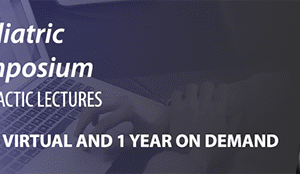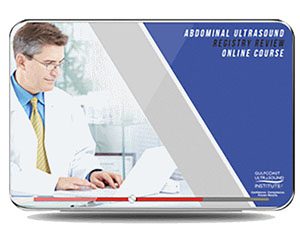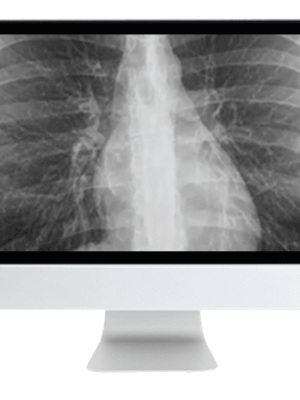No products in the cart.
Radiology
22nd Annual ASCeXAM/ReASCE Review Course 2021 (CME VIDEOS)
Release Date : May 8-11, 2021
43 Videos + 8 PDFs
$60.00
[
Learning Objectives
Upon completion of this course, participants should be better able to:
– Explain the essential physical principles of cardiac ultrasound.
– Recognize common ultrasound artifacts and their genesis.
– Estimate systolic function using standard M-mode and 2D echocardiography, as well as newer modalities such as strain imaging and 3D echocardiography.
– Identify and quantitate valvular heart disease severity.
– Describe the application of Doppler in the assessment of hemodynamics and diastolic function.
– Perform clinically relevant calculations of valve areas and intracardiac pressures.
– Explain proven techniques for interpreting stress echocardiographic examinations.
– Differentiate features of cardiac tamponade, constrictive pericarditis and restrictive cardiomyopathy.
– List appropriate applications of echocardiography.
– Recognize newer applications of echocardiography such as myocardial contrast.
Topics:
– Aortic Regurgitation, Aortic Prosthesis, Cardiac Masses, Myocardial Infarction, Interventional Echo
– Contrast, Congenital Heart Disease, Diastolic Function, Pericardial Disease, Diseases of the Aorta, Heart Failure, LVADs
– Mitral Valve Prostheses, Aortic Stenosis, HCM, Systemic Disease, Formulas
– Physics, Knobology, Artifacts, Right Ventricular Function, Tricuspid ,Pulmonary Valve Disease
– Spectral Doppler, Deformation, Stress Echo, Mitral Stenosis, Mitral Valve Disease, Mitral Regurgitation
– TTE, TEE, Right/Left Ventricular Hemodynamics, Endocarditis, Chamber Quantitation, Systolic Function Handheld Echo
Reviews
There are no reviews yet.
Only logged in customers who have purchased this product may leave a review.
]





